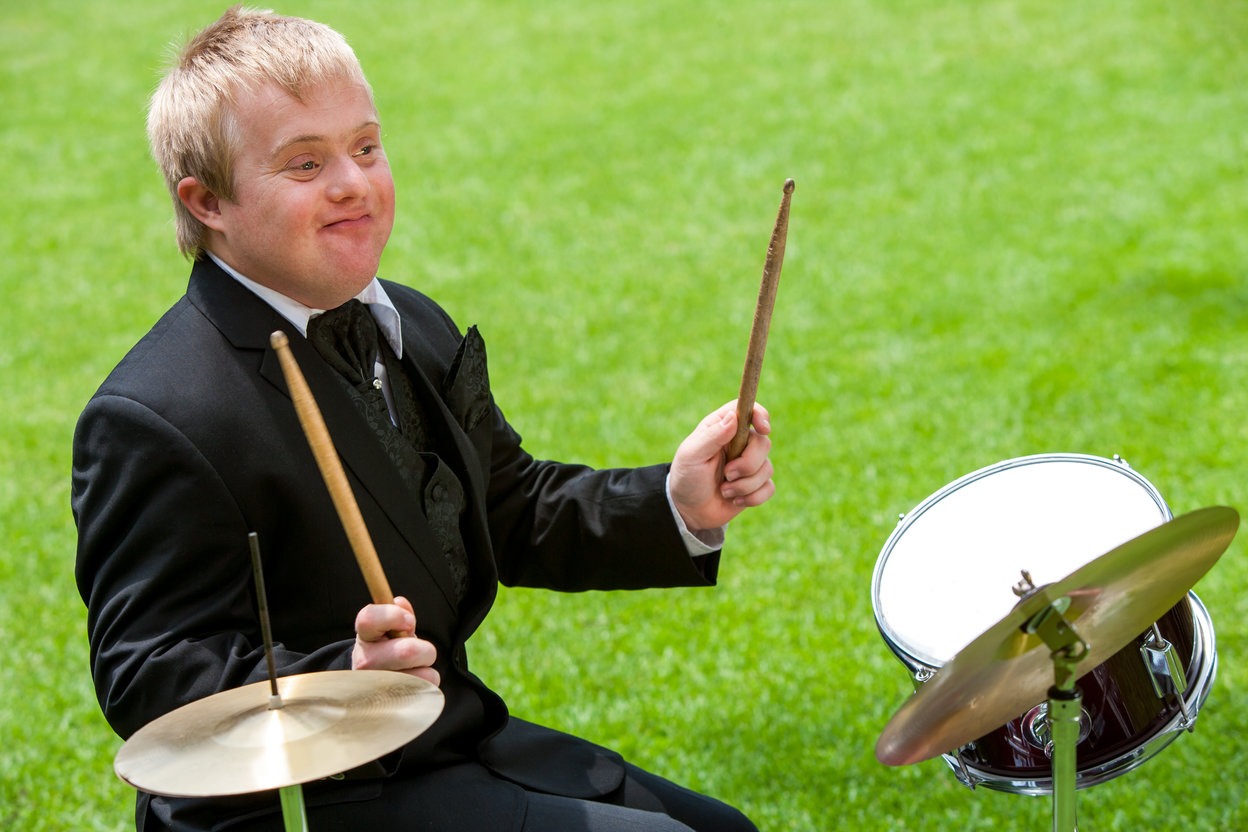Starting high school is an exciting time for teenagers. The transitional period from childhood to adulthood brings new adventures, skills and learning curves. It can also be a transformative process for the parents of teenagers with a disability, as they watch their children gain independence.
Both parents and teenagers, especially those with a disability, may need extra support to ensure they get the most out of this time, which will provide a solid foundation for adulthood. Below are some key areas where this support is available for teenagers with a disability.
Learning and Support Teams
According to the Department of Education, there are 90,000 students in NSW with a disability in public.
The Australian government’s policy is that ‘every student, regardless of ability and need for additional support, is entitled to an education.
To fulfill this aim, there is a ‘Learning and Support Team’ in mainstream and specialist schools throughout the state to assist with students who have additional needs through a wide range of programs. These teachers are specially trained to assist with a broad range of diverse needs, such as autism, intellectual or physical disabilities.
Schools are also responsible for making sure the physical environment is safe and accessible for all students. If your child needs wheelchair access or requires handrails or other alterations to increase accessibility, the school will need to arrange those amendments.
Inclusive Sports & Recreation Groups for Teens
Teenagers need lots of stimulation! Get your teen involved in one of the many inclusive groups across NSW for both sporting and social activities. The City of Sydney has a great list of diverse, disability inclusive activities aimed at all ages, ranging from accessible theatre tickets to ballroom dancing classes.
Disability Sports Australia is a great resource for sports activities designed around teenagers with a disability, such as rowing, sailing, swimming, volleyball and many more.
Parent Support Groups
Finding a peer support group can be beneficial for both parents and teenagers.
“If you talk to parents who have older children, you often find out information you don’t have. So other parents are a really, really important source of information. They’re a really great source of support as well.” Parent Support Groups Video, Raisingchildren.net.au.
Look for your local community group or contact MyTime for recommendations. MyTime is an initiative of the Parenting Research Centre of Australia and provides support for anyone caring for a child with a disability or chronic medical condition. A facilitator runs the group and will help identify the individual needs of participants.
Financial Support
It’s likely that there will be additional costs involved in supporting a teenager with a disability. Many families don’t realise that they are eligible to receive support funded by the government.
The National Disability Insurance Scheme (NDIS) launched in mid-2016 and is designed to help individuals reach their unique goals. There are Funded Supports available through the NDIS to facilitate improved learning, increased social participation and access to community, social and recreational activities.
Zest Care has targeted programs for teenagers with a disability, to help them get the most out of these crucial years.
With a dedicated team of passionate professionals whose aim is to provide the best possible support, we can help your family start living the life you want. Contact us today to find out more.
Resources:
Https://www.dec.nsw.gov.au/our-services/schools/disability-services
https://whatson.cityofsydney.nsw.gov.au/posts/disability-inclusive-things-to-do-in-sydney
Https://raisingchildren.net.au/articles/disability_support_groups_video.html
Https://raisingchildren.net.au/verve/_resources/Parent_support_groups_video_transcript.pdf








